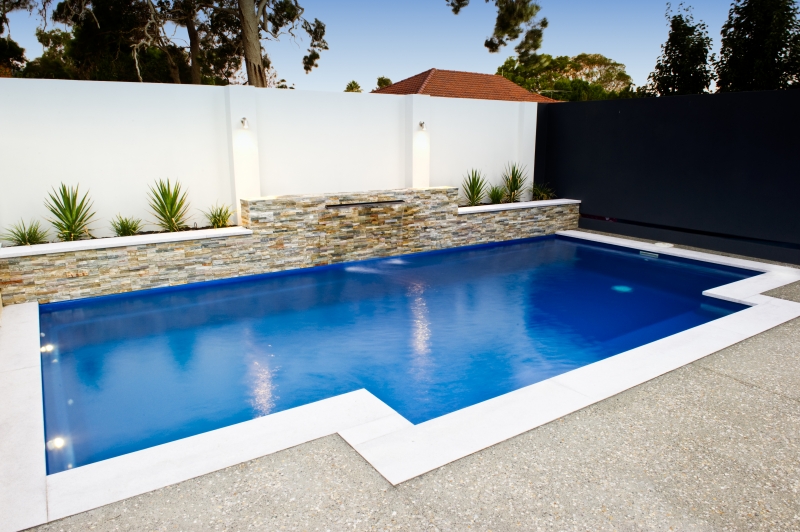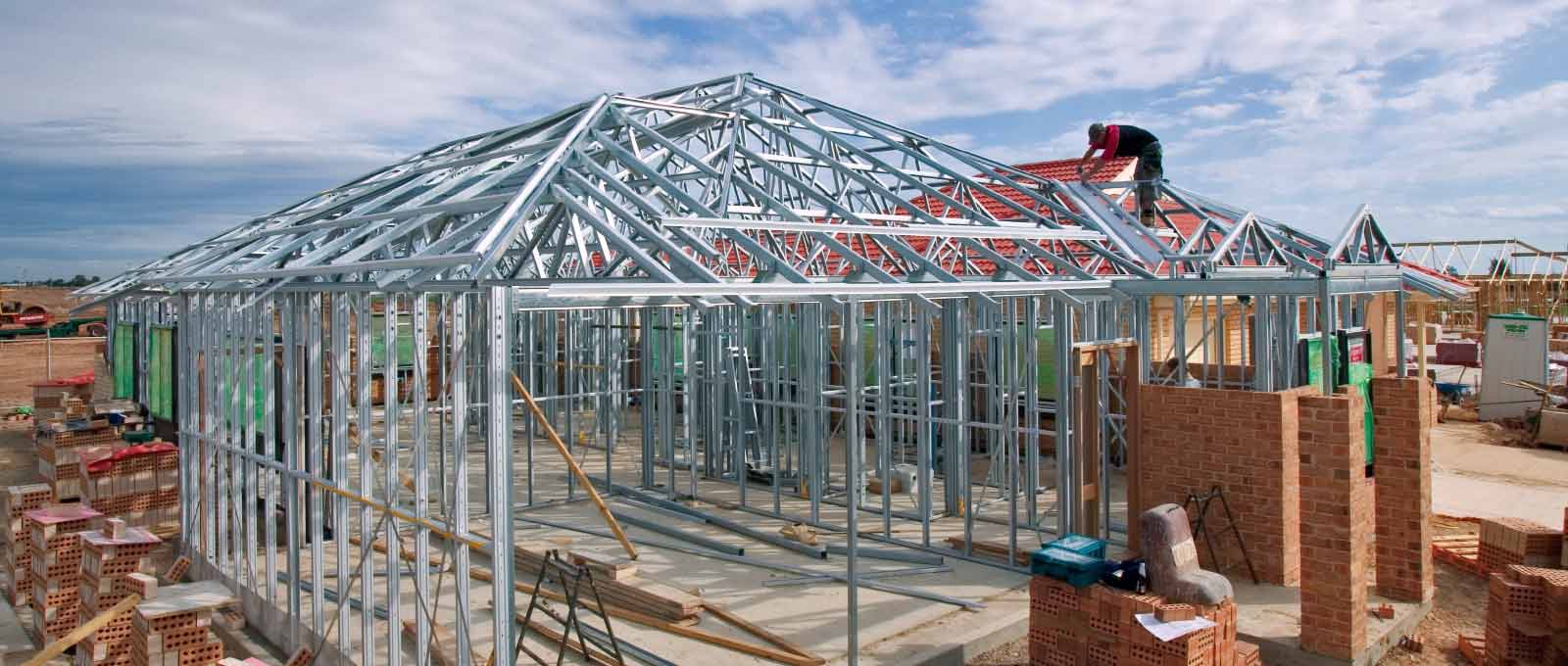

The main advantage of a hip roof comes down to the shape of the structure. all aspects of the construction are suited to deal with adverse weather conditions, including rain, snow and wind. firstly, the self-bracing nature of a hip roof means there is little need for extra support.. What is a hip roof? a hip (or hipped) roof is one that meets all of the walls it connects to with a horizontal join. on a rectangular building, it is likely that each of the four sides of a hip roof will have the same pitch, making the roof a symmetrical structure.. the hip roof also tends to have eaves (that is, the roof overextends past the walls), and as the fascia is at the one level. Pros: hip roofs are more stable than gable roofs. the inward slope of all four sides is what makes it more sturdy and durable. hip roofs are excellent for both high wind and snowy areas. the slant of the roof allows snow to easily slide off with no standing water. hip roofs can offer extra living space when a dormer crow’s nest is added to a hip roof..
A hip roof, hip-roof or hipped roof, is a type of roof where all sides slope downwards to the walls, usually with a fairly gentle slope (although a tented roof by definition is a hipped roof with steeply pitched slopes rising to a peak). thus, a hipped roof house has no gables or other vertical sides to the roof.. a square hip roof is shaped like a pyramid.. The roof is an essential part of a building. the pitched roof system is a type of roof which is used used in many cases. before selecting for a building one must knot its advantages and disadvantages. here the major advantages and disadvantages of the pitched roof are discussed. advantages of pitched roof. Hip roof. a hip roof has four slopes that come together at the top to form a ridge. advantages: the four-way slope makes it much more stable than other roofing types, and allows water and snow to run off with ease. there is also more ventilation and space for an attic..





0 komentar:
Posting Komentar